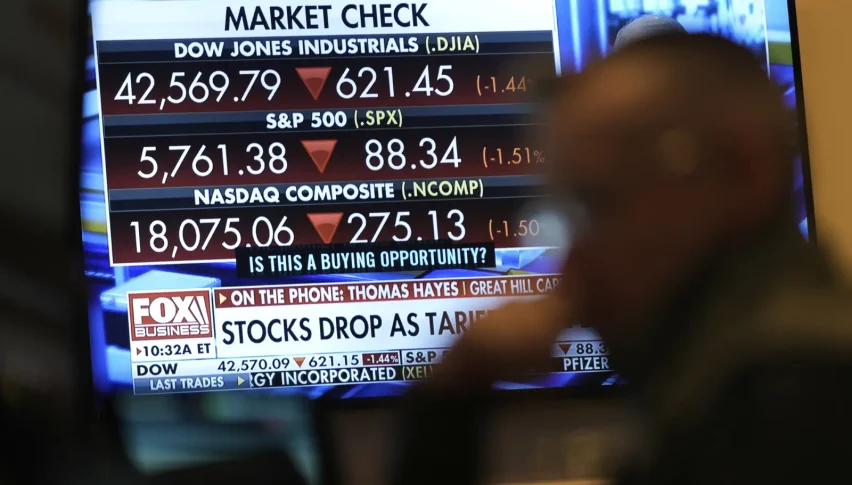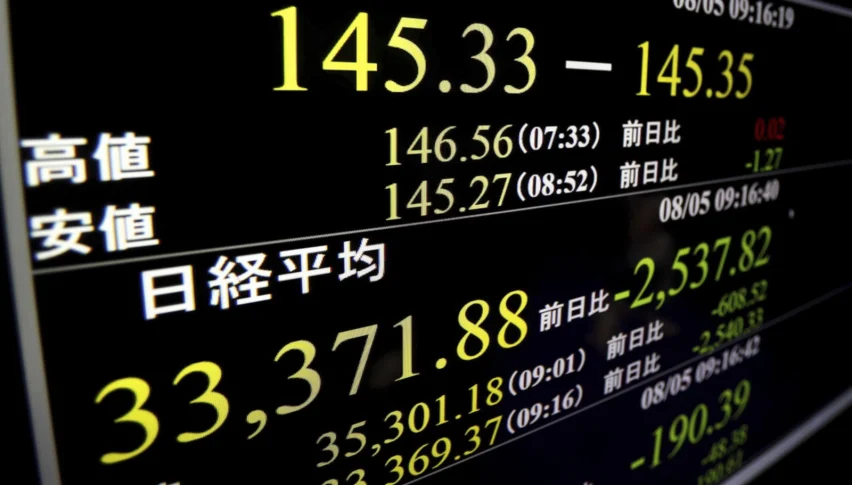Asian Stock Market Rise As Bank Of Japan Deliberates Its Decision Monetary Policy This Week
Asian stock market mostly showed gains as investors shifted their focus to the Bank of Japan’s decision on monetary policy later this week.

In today’s trading session, the Asian stock market mostly showed gains as investors shifted their focus to the Bank of Japan’s decision on monetary policy later this week.

While the Bank of Japan is not expected to raise its benchmark rate at the close of its meeting on Friday, the economy is feeling the strain from the dollar’s continued strength against the Japanese Yen.
According to market analyst Yeap Jun Rong of IG, Given the recent ‘hawkish hold’ by the Fed, if the BOJ maintains its usual accommodative stance on policy, this could allow the US dollar’s upward trend against the Japanese Yen to continue.
Japan’s Nikkei 225 index went down 0.2% in afternoon trading to close at 38,807.36.
Chinese shares ended lower, pressured by declines in retail and property stocks. Hong Kong’s Hang Seng index increased by 0.5% to 18,017.83 while the Shanghai Composite index closed 0.3% lower at 3,028.92. Shenzhen Composite, on the other hand, declined by 0.6%
Investors are closely monitoring the People’s Bank of China’s Medium-term Lending Facility (MLF) rate announcement later this week to gauge Beijing’s monetary policy direction.
Among major stocks, Poly Developments & Holdings dropped by 2.5% and Midea Group declined by 1.9%. Meanwhile, China Mobile and China Telecom were among the gainers, rising 0.9% and 0.7%, respectively.
In South Korea, Kospi has increased by 1.2% to 2,760.31 while Australia’s S&P/ASX 200 climbed 0.4% to 7,749.30.
Meanwhile, Singapore’s regulators have been striving to enhance the appeal of its stock exchange for years.
Despite the city-state’s economy being larger than Hong Kong’s, the total market value of listed companies on the Singapore Exchange is approximately seven times smaller.
As of last month, the total market value of securities listed on the SGX was 798.55 billion Singapore dollars (US $590.47 billion). While the Hong Kong exchange had a market capitalization of 32.9 trillion HK dollars (US $4.21 trillion).
Analysts interviewed by CNBC suggests potential solutions, including increased engagement with investors and implementing “value up” programs similar to those in Japan and South Korea.
- Check out our free forex signals
- Follow the top economic events on FX Leaders economic calendar
- Trade better, discover more Forex Trading Strategies
- Open a FREE Trading Account


